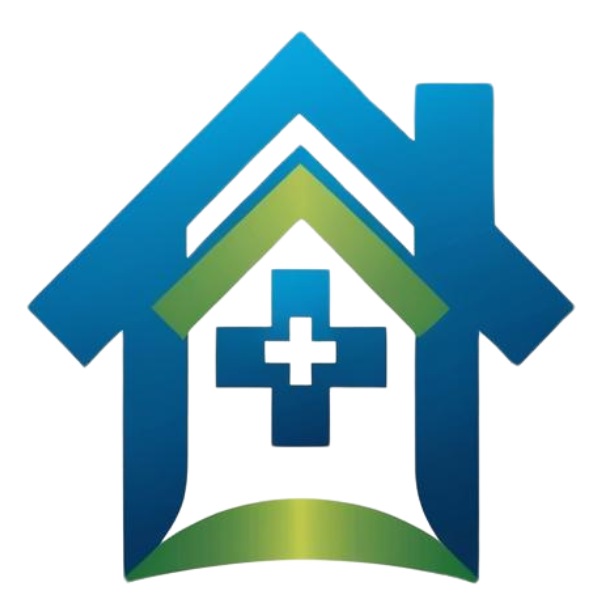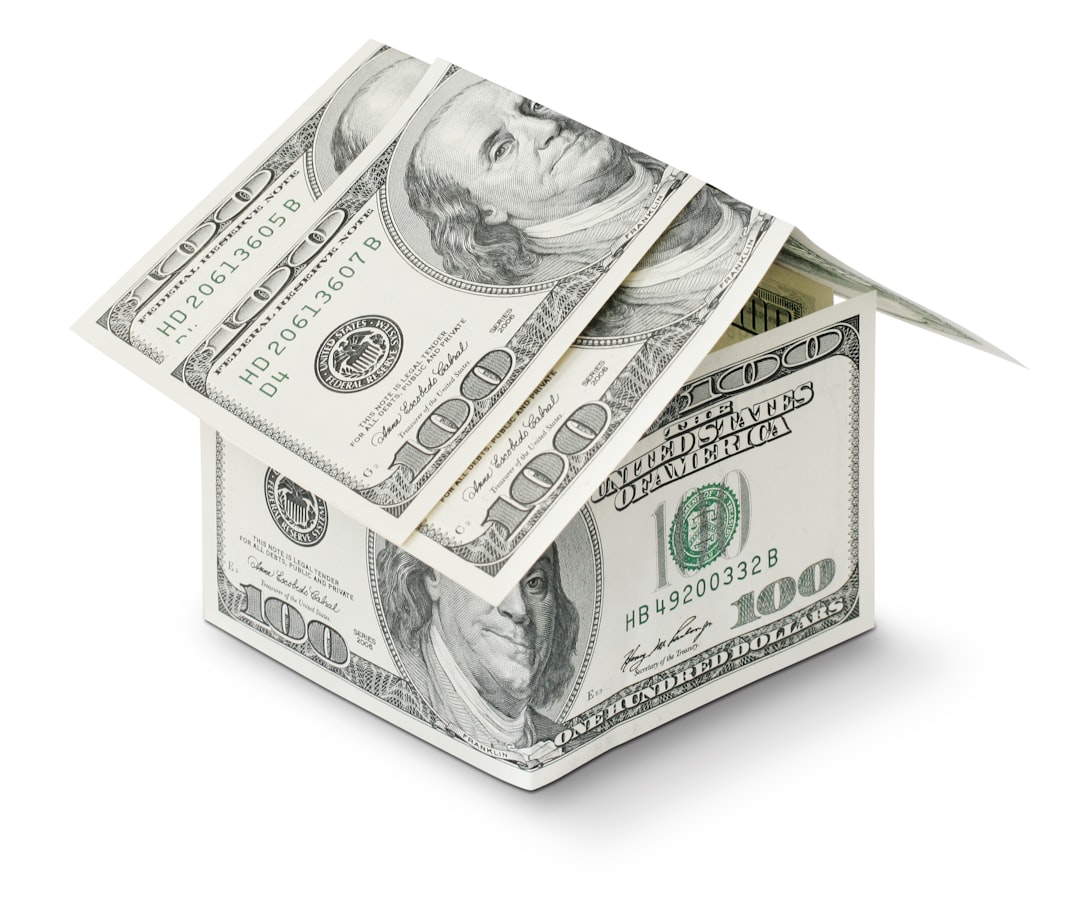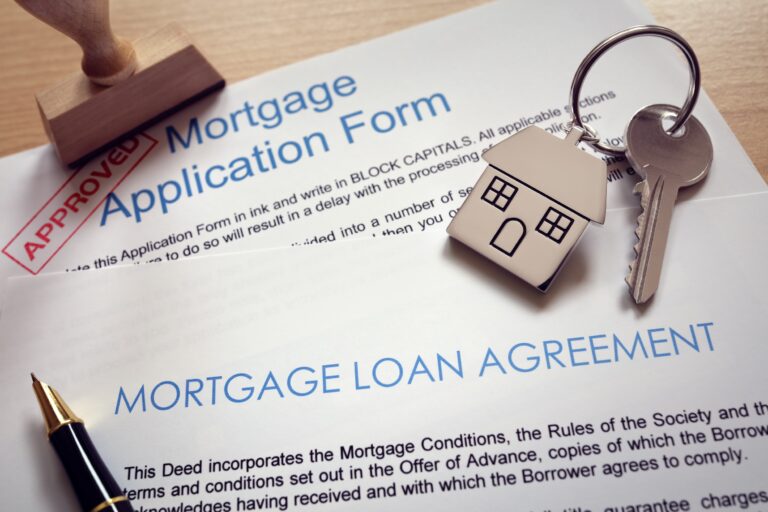A Physician’s Guide to Rent vs. Buy with $0 Down Loans
Embarking on the journey to homeownership is a significant milestone, particularly for early-career physicians who face distinct financial challenges. With the weight of student loans and the possibility of frequent relocations, many doctors find themselves at a crossroad: should they rent or invest in a home? This dilemma is further complicated by the allure of zero down payment options, such as physician mortgage loans, which promise to make buying more accessible. In this guide, we will explore the pros and cons of renting versus buying, examine how physician loans can align with your financial planning goals, and provide actionable insights to help you make an informed decision. Whether you’re just starting your practice or looking to settle down, understanding these options can set you on the path to secure financial footing and eventual homeownership.
Weighing the Options: Rent vs. Buy
As a physician, the decision to rent or buy a home is crucial and can significantly impact your financial future. Let’s explore the key factors to consider when making this choice.
Affordability and Flexibility
Renting often provides more immediate affordability and flexibility, which can be particularly appealing for early-career physicians.
Renting typically requires less upfront capital, making it easier to manage alongside student loan payments. This financial flexibility can be crucial during residency or when starting a new practice.
However, renting doesn’t build equity, and monthly payments may increase over time. Conversely, buying a home can offer stability and potential long-term savings, especially with physician mortgage loans offering zero down payment options.
Flexibility is another key consideration. Renting allows for easier relocation, benefiting physicians who may need to move for residencies or job opportunities. Although homeownership is less flexible, it can provide a sense of permanence and community integration.

Long-Term Wealth Building
Homeownership has long been considered a cornerstone of wealth building, but it’s crucial to understand the nuances for physicians.
Buying a home enables you to build equity over time as you pay down your mortgage and potentially benefit from property value appreciation. This can be a significant advantage in long-term wealth accumulation.
However, it’s important to consider the opportunity cost. The money tied up in a home could yield higher returns if invested elsewhere, such as in the stock market or your own medical practice.
As discussed on Bogleheads, physicians should also contemplate their unique career trajectory. High income potential later in your career might make renting initially worthwhile and investing the difference, potentially outpacing home appreciation in some markets.
Understanding Physician Mortgage Loans
Physician mortgage loans are uniquely designed financial products tailored to the needs of medical professionals. These loans offer several advantages that can make homeownership more accessible early in your career.
Benefits of Zero Down Payment
Zero down payment options are a hallmark of physician mortgage loans, offering significant advantages for doctors early in their careers.
Zero down payment loans also allow you to enter the housing market sooner, potentially benefiting from home appreciation earlier in your career. However, it’s important to note that this means starting with no equity in the home.
Keep in mind that while attractive, zero down payment loans may come with slightly higher interest rates. It’s crucial to weigh the long-term costs against the immediate benefits of homeownership.
No PMI and Higher Loan Limits
Physician mortgage loans often waive Private Mortgage Insurance (PMI) and offer higher loan limits, providing additional financial advantages.
The absence of PMI can result in significant monthly savings, as traditional loans typically require this insurance for down payments of less than 20%. This feature recognizes the lower risk profile of physicians due to their high earning potential.
Higher loan limits enable physicians to qualify for more expensive homes, which can be particularly beneficial in high-cost housing markets. This can allow you to purchase a home that meets your needs without waiting years to save for a larger down payment.
However, it’s crucial to avoid overextending yourself. Just because you can qualify for a larger loan doesn’t necessarily mean it’s the best financial decision. Consider your overall financial picture, including future career plans and lifestyle goals.
Financial Considerations for Physicians
When deciding between renting and buying, physicians must account for their unique financial circumstances and career trajectories. Let’s explore some key financial factors to consider.
Salary Progression and Loan Repayments
Understanding your salary progression and managing loan repayments are crucial aspects of financial planning for physicians.
Student loan repayments are another critical factor. Balancing these payments with housing costs requires careful planning. Consider how different repayment plans might affect your ability to save for a down payment or qualify for a mortgage.
It’s also worth exploring loan forgiveness programs and how they might impact your long-term financial planning. These programs could free up funds for homeownership in the future.
Tax Benefits and Home Appreciation
Homeownership can provide tax benefits and potential appreciation, but it’s important to understand these factors in the context of your overall financial picture.
Tax deductions for mortgage interest and property taxes can provide significant savings, especially in the early years of a mortgage when interest payments are highest. However, recent tax law changes have limited these deductions, so consult with a tax professional to understand how they apply to your situation.
Home appreciation can be a powerful wealth-building tool, but it’s not guaranteed. Research historical price trends in your target area and consider how they might impact your long-term financial goals.
Remember that homes also come with ongoing costs such as maintenance, repairs, and property taxes. These expenses should be factored into your decision-making process when comparing the long-term costs of renting vs. buying.





